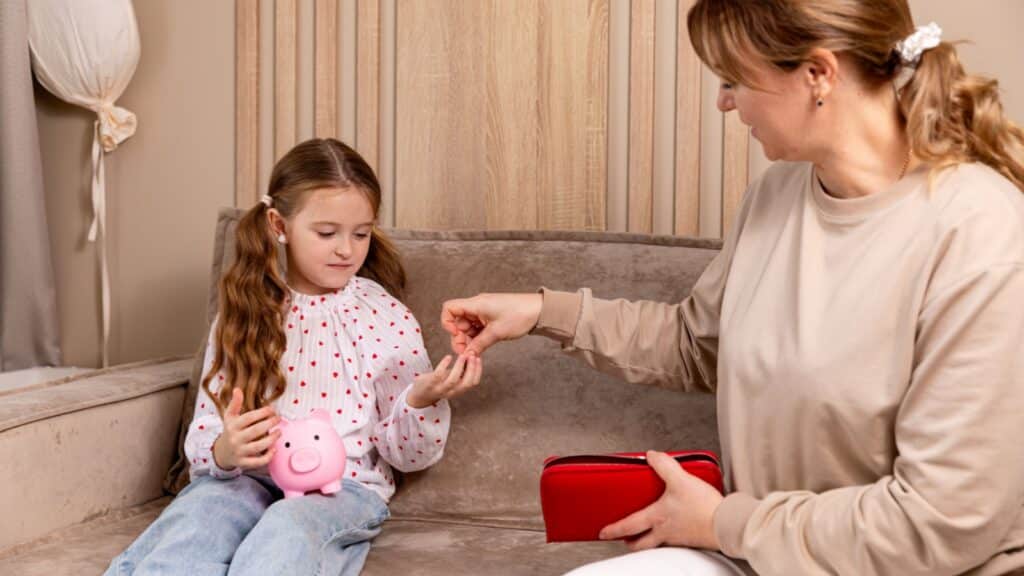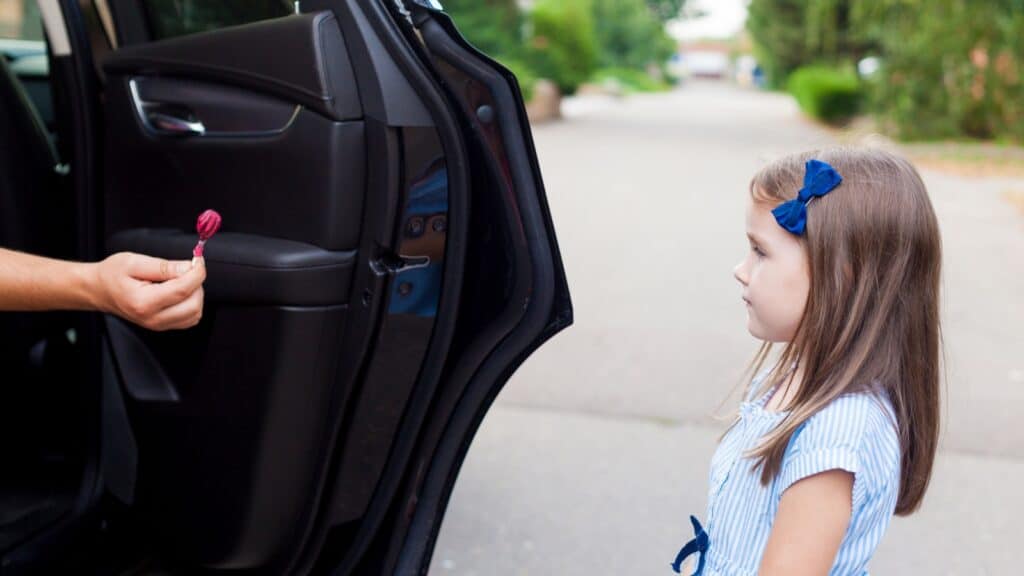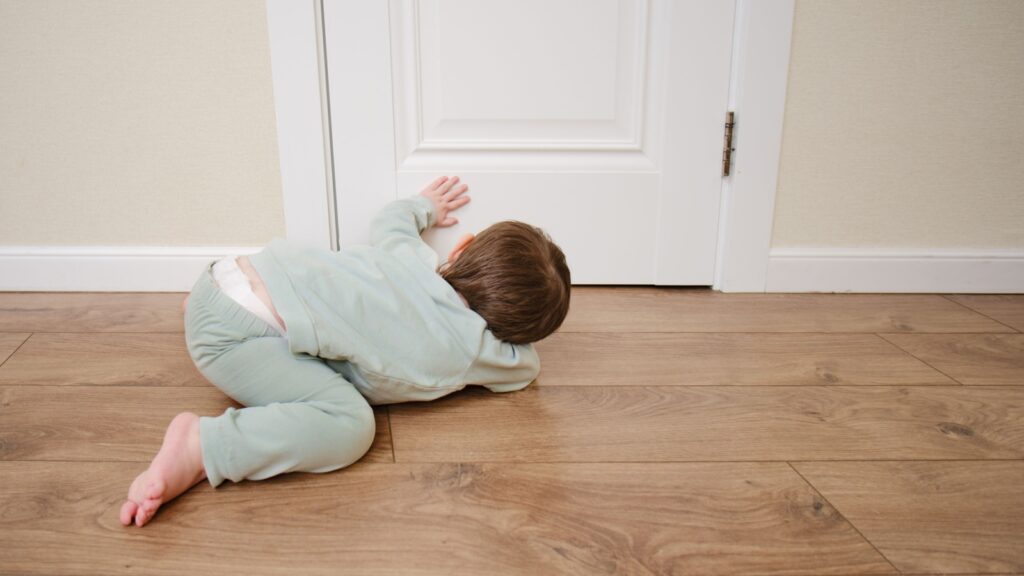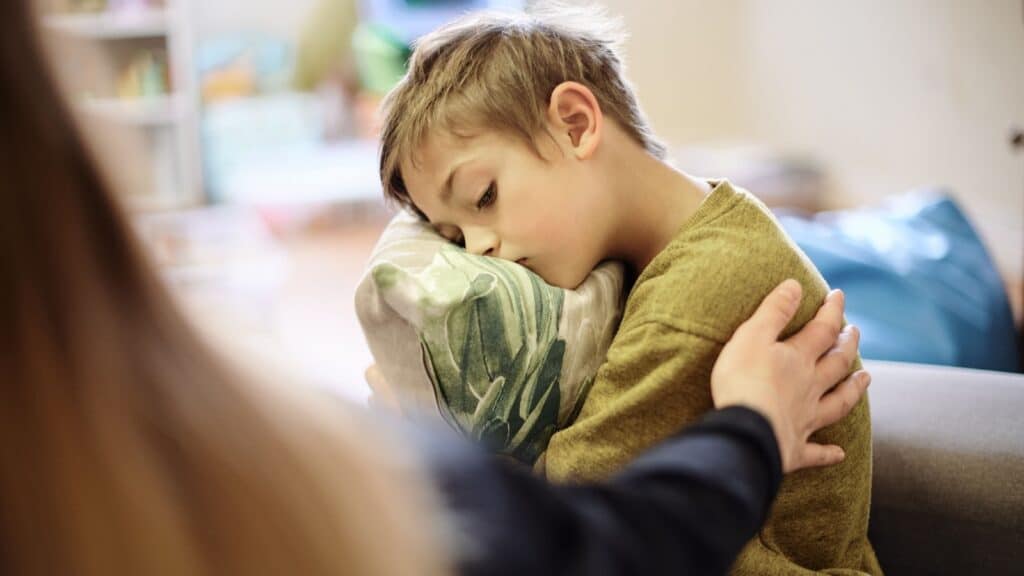Adults will say the strangest things to kids and think they are smart, but kids interpret everything as a solid fact – that “don’t run with scissors” statement changes their mind to a life or death mission, and “we’ll see” means they’ll wait forever. Most of the time, children don’t understand sarcasm, exaggeration, or nuance; they merely listen to words. And often take them much too literally. Here are nine statements by adults that children would interpret in ridiculous literal (and terrifying) ways.
“You can be anything when you grow up.”

Inspirational? Yes! Taking it literally? Absolutely! Children are going to take this literally – believing that they will wake up as an astronaut, dragon, or professional chocolate eater. They do not understand nuance, compromise, or adult responsibilities. This pie-in-the-sky encouragement sometimes puts more unexpressed pressure on them, as if they aren’t anything, are they failing in life?
“Money doesn’t grow on trees.”

Adults perceive it as a valuable life lesson, while children may hear: You are broke and might be in danger. It is complicated because money literally comes from paper, while paper does come from trees, so the math isn’t mathing. Now, your kids walk around like the family is one wifi payment away from destruction because adults love phrasing budgeting like a doomsday warning.
“You’ll understand when you’re older.”

This is the ultimate adult cop out… basically, the “ask me later” of life. Children hear it like they’ve been denied access to a top-secret file for the next 10 years; adults say it every time they’re tired, annoyed, or don’t want to explain their own double standards. Some of us make it to thirty and still don’t “understand,” but at that point, we are too embarrassed to admit it to ourselves.
“Stay away from strangers.”

Children interpret this as “anyone outside of your family is a potential bad guy.” Adults routinely introduce strangers anyway – teachers, babysitters, random relatives, and cousins you have never met – so kids end up trying to figure out which strangers are safe to approach and which ones could be potential kidnappers.
“Be nice.”

Adults are saying, “Don’t create drama.” Kids are hearing “you must be nice all of the time, regardless of how annoying someone else is being.” And this leads to people pleasing, anxiety about conflict, and that awkward smile kids give those who are mean to them or bully them, because an adult told them to “be nice.” It is no wonder that half of us grew up apologizing to chairs we bumped into.
“Don’t make that face or it’ll get stuck.”

It is a joke for adults. A nightmare for kids. All the kid can do is spend the next hour in horror, thinking that their weird face is stuck forever, and they will have to explain to future classmates that their sibling annoyed them so badly, they messed up their face. All it took was one dramatic lie, given by an adult, to ruin the child’s entire afternoon.
“Watch your head.”

What starts out as a clear warning about low door frames, ceilings, or roofs turns into an entire conspiracy in the minds of younger children. Kids envision roofs falling, ceilings collapsing, or an adult-sized hammer floating just above their heads. Each crack in the stoop feels like a mini-gravestone. Literal-minded kids begin to consider angles and height before walking anywhere indoors. While adults are trying to prevent an event of hard contact, kids are imagining they are conducting a Doom-level physics experiment happening right above them.
“You’re too young to feel that way.”

This is heard by the child as emotional invalidation 101. Adults have no clue that they are telling a child their feelings are nothing more than a software glitch. Children think and feel everything, way more than adults – disappointment, excitement, rage, heartbreak, and hunger, especially hunger. Adults forget that feelings never wait around for the 16+ unlock program.
“We’ll see.”

This is the worst and most manipulative phrase in the entire parenting vocabulary. Adults use the phrase so they don’t have to say “no,” but kids hear this as a hopeful “yes.” Kids will spend days ahead of the future event imagining they will get the toy, the trip, or the treat, only to find out later that “we’ll see” was just a half-hearted rejection. Things like this build false hope like an emotional pyramid scheme.
19 Things Our Parents Did That Would Be Called ‘Neglect’ Today

They just handed us over a bike, a key, and some vague advice: “Don’t die.” And somehow we lived to tell the tale. Here are things our parents did that would probably land them on a parenting “no-no” list today.
19 Things Our Parents Did That Would Be Called ‘Neglect’ Today

